Warning: Trying to access array offset on value of type bool in /www/wwwroot/www.medtourcn.com/wp-content/themes/medical-directory/framework/theme/medicaldirectory-image.php on line 78
Warning: Trying to access array offset on value of type bool in /www/wwwroot/www.medtourcn.com/wp-content/themes/medical-directory/framework/theme/medicaldirectory-image.php on line 79
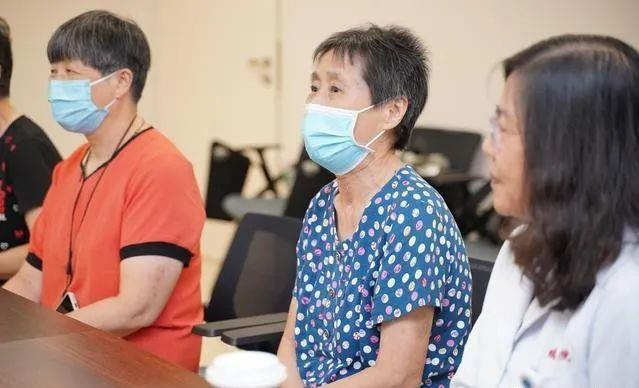
Two Years of Complete Remission(Lymphoma), CAR-T therapy has given her a new lease on life.
“Two Years of Complete Remission, CAR-T therapy has given her a new lease on life. She Thought the Journey Was Over”

Yun is a 78-year-old patient who achieved a continuous complete remission for two and a half years despite relapsed/refractory diffuse large B-cell lymphoma. Diagnosed in 2019, after enduring six rounds of chemotherapy, she initially achieved complete remission as confirmed by her healthcare team. Unfortunately, the period of remission was short-lived as Yun soon experienced disease relapse, and subsequent second-line treatments failed to yield positive results.
“I vividly remember when Director Wang Li encouraged me, mentioning an advanced method called Car-T, but it was quite expensive. I was hesitant, but I discussed it with my son when I got home. When my son and daughter-in-law heard about it, they insisted on treatment. My son said, ‘Mom, you’re the only mother I have in this world. As long as you’re here, our home is complete. Money can be earned again, and if the treatment isn’t successful, at least we won’t have regrets.’ I was deeply moved. At my age, I’ve already shown strength through previous treatments. I believe that wherever my health takes me is where I belong. Everyone’s support gave me a reason to stay strong again.”
In 2021, CAR-T cell therapy was approved and launched in China, and Yun underwent this treatment at Ruijin Hospital.
Dr. Wang Li, Director of Hematology at Ruijin Hospital, explained, “CAR-T cell therapy provides new treatment options for a wide range of cancer patients.”
“Before planning Yun’s CAR-T cell therapy, lymphoma experts, considering her current tumor status and medical history, anticipated potential adverse reactions during the treatment process and discussed handling protocols. Yun’s entire journey with CAR-T cell therapy was challenging. The medical team meticulously coordinated their efforts, successfully addressing adverse reactions after CAR-T treatment, ultimately averting potential risks.”
Despite lying in her hospital bed, Yun deeply appreciates the relentless dedication of her medical caregivers. “Sometimes, directors come to see me after 10 p.m., telling me they worked late but had to check on me; some arrive by my bedside as early as 7 a.m., concerned about my well-being. I continuously remind myself that I must strive, persist, and live up to the efforts made by doctors and my entire family,” said the 78-year-old Yun . “I made it through.”
#CARTCellSuccess #CancerWarrior #CompleteRemissionChronicles #FamilySupportMatters #CAR-TBreakthrough #InspiringHealthJourney #MedicalMiracles #NeverTooLateToFight #Cancerfight #Bloodcancer
#lymphoma
Warning: Trying to access array offset on value of type bool in /www/wwwroot/www.medtourcn.com/wp-content/themes/medical-directory/framework/theme/medicaldirectory-image.php on line 78
Warning: Trying to access array offset on value of type bool in /www/wwwroot/www.medtourcn.com/wp-content/themes/medical-directory/framework/theme/medicaldirectory-image.php on line 79
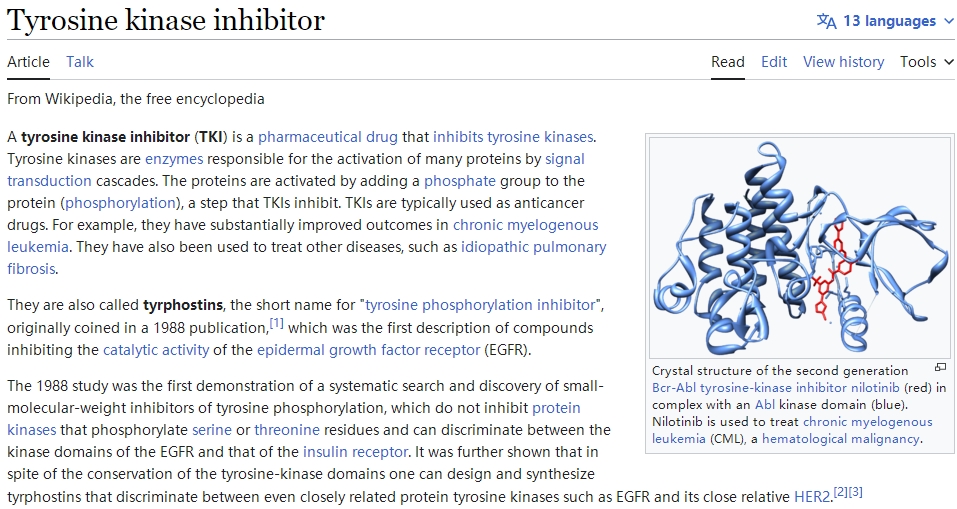
Breakthrough Advances in CAR-T Cell Therapy Combined with TKI for Malignant Hematologic System Tumors

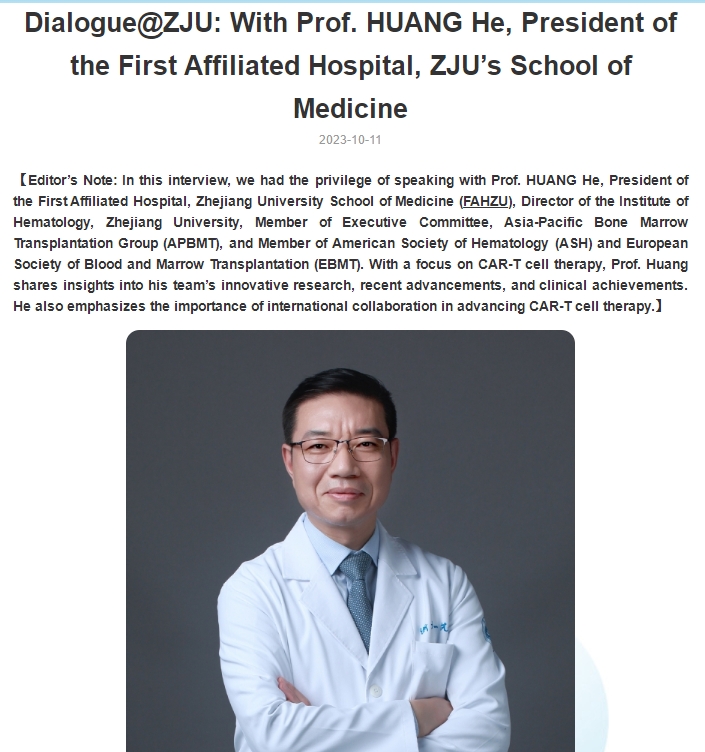
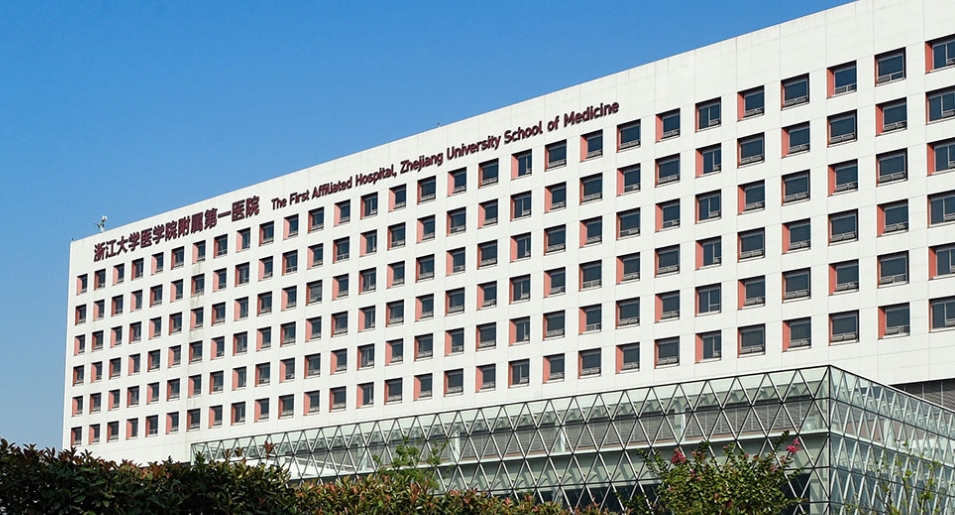
Warning: Trying to access array offset on value of type bool in /www/wwwroot/www.medtourcn.com/wp-content/themes/medical-directory/framework/theme/medicaldirectory-image.php on line 78
Warning: Trying to access array offset on value of type bool in /www/wwwroot/www.medtourcn.com/wp-content/themes/medical-directory/framework/theme/medicaldirectory-image.php on line 79
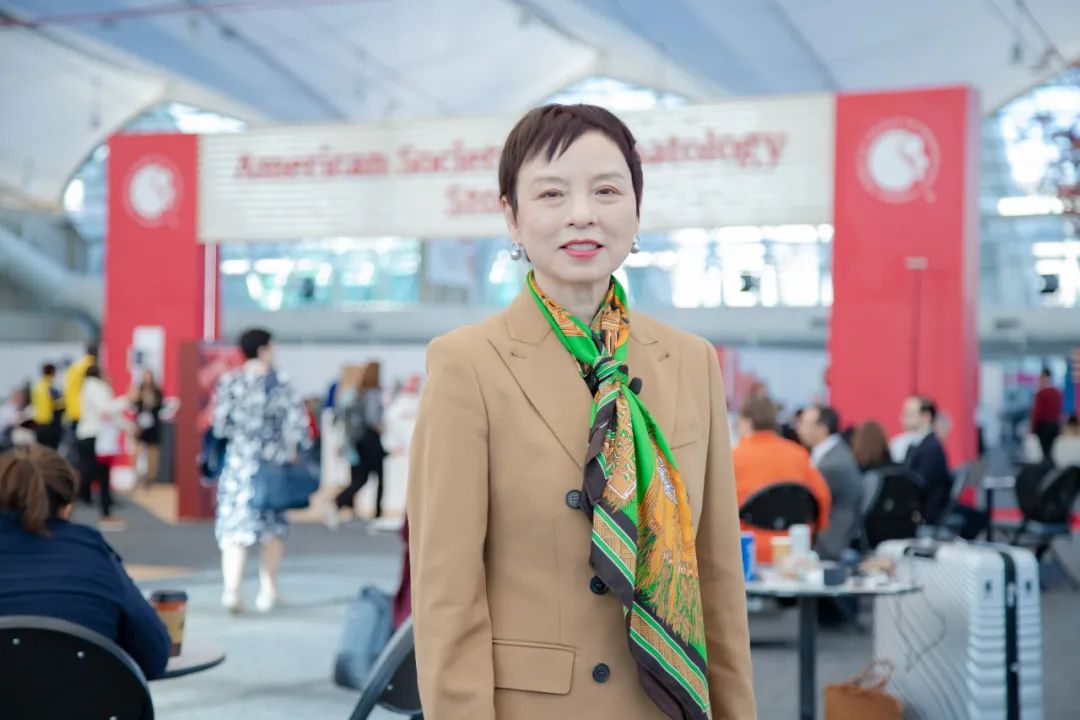
Chinese Research Team New Treatment Shows Promise: CD7 CAR-T Cell Therapy for Relapsed/Refractory AML
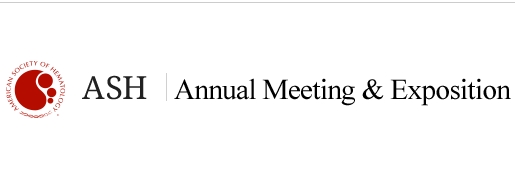

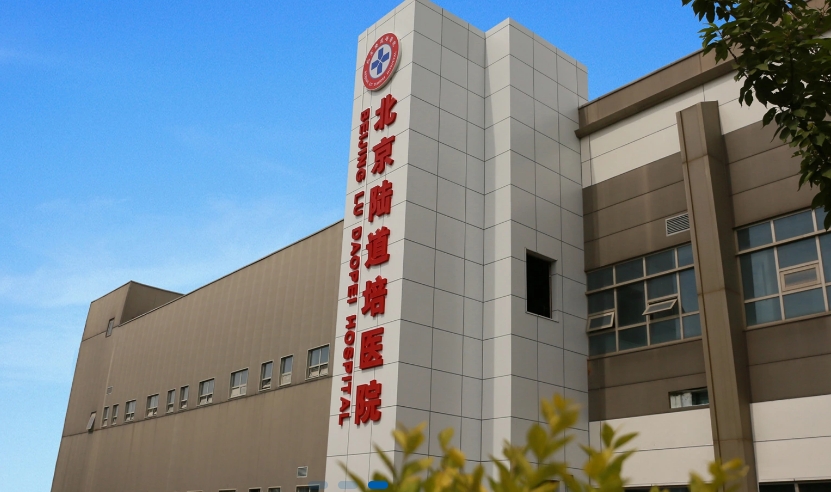
Warning: Trying to access array offset on value of type bool in /www/wwwroot/www.medtourcn.com/wp-content/themes/medical-directory/framework/theme/medicaldirectory-image.php on line 78
Warning: Trying to access array offset on value of type bool in /www/wwwroot/www.medtourcn.com/wp-content/themes/medical-directory/framework/theme/medicaldirectory-image.php on line 79
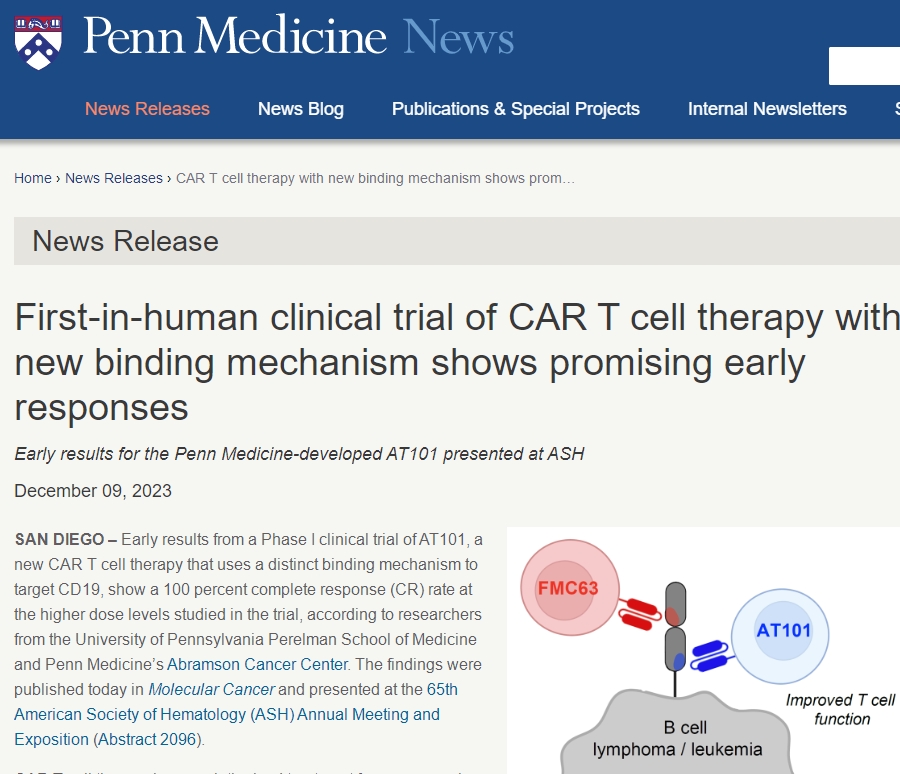
New Generation CAR-T Cell Therapy AT101: Phase I Clinical Trial Shows 100% Complete Remission Rate!

Warning: Trying to access array offset on value of type bool in /www/wwwroot/www.medtourcn.com/wp-content/themes/medical-directory/framework/theme/medicaldirectory-image.php on line 78
Warning: Trying to access array offset on value of type bool in /www/wwwroot/www.medtourcn.com/wp-content/themes/medical-directory/framework/theme/medicaldirectory-image.php on line 79
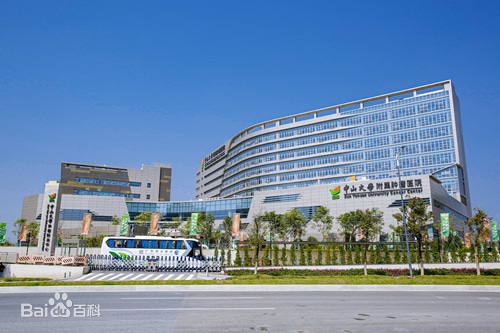
Breakthrough in CAR-T Therapy Achieved by Chinese Sun Yat-sen University Cancer Center
Recently, Professor Huang Huiqiang’s team at Sun Yat-sen University Affiliated Cancer Hospital achieved significant progress in a lymphoma patient who relapsed after five lines of chemotherapy. Utilizing CAR-T therapy, the patient has experienced complete remission for over two years, making them one of the patients in China with the longest survival post-CAR-T treatment.

Lymphoma, one of the common blood cancers, has traditionally been treated using a combination of chemotherapy, autologous hematopoietic stem cell transplantation, targeted therapies, and immune-modulating drugs. However, CAR-T cell therapy, an advanced technology in the field of oncology, has emerged as a precise, rapid, and highly effective new treatment method in recent years.
Diffuse large B-cell lymphoma is a prevalent aggressive lymphoma characterized by rapid progression, high mortality rates, and short survival periods. Despite significant therapeutic advancements in recent years, approximately 70% of patients achieve good outcomes and long-term remission through first-line treatments, but around 30% of patients have inadequate responses to treatment, facing difficult-to-cure relapses.

Professor Huang Huiqiang emphasized, “CAR-T cell therapy plays a crucial role in providing new treatment hopes for relapsed and refractory patients who cannot undergo transplantation or have previously undergone ineffective treatments.
It is reported that in the future, Sun Yat-sen University Cancer Center will continue to explore clinical innovative technologies in CAR-T cell therapy, aiming to bring new prospects for numerous patients.
#CARTBreakthrough #CancerResearch #SunYatSenCancerCenter #InnovativeTherapies #MedicalBreakthrough #LymphomaTreatment #PrecisionMedicine #HopeForPatients #CancerSurvivorship #AdvancedOncology #MedicalInnovation #ResearchProgress #ScienceNews #HealthcareAdvancements #ImmunotherapySuccess #Cancer
